Do you ever feel like you’re not in control of your emotions? That your reactions are based more on how you’re feeling than on what’s actually happening? If so, then you could use some help improving your emotional intelligence.
Emotional intelligence is the ability to be aware and understand your own emotions and the emotions of others. It’s a valuable skill to have and can help improve both your personal and professional life.
Read on if you’re interested in learning more about how to improve emotional intelligence.
- Emotional Intelligence Development Plan
- Tips to Improve Your Emotional Intelligence.
- Improvement Starts With Taking One Step
- Questions You May Have
Emotional Intelligence Development Plan
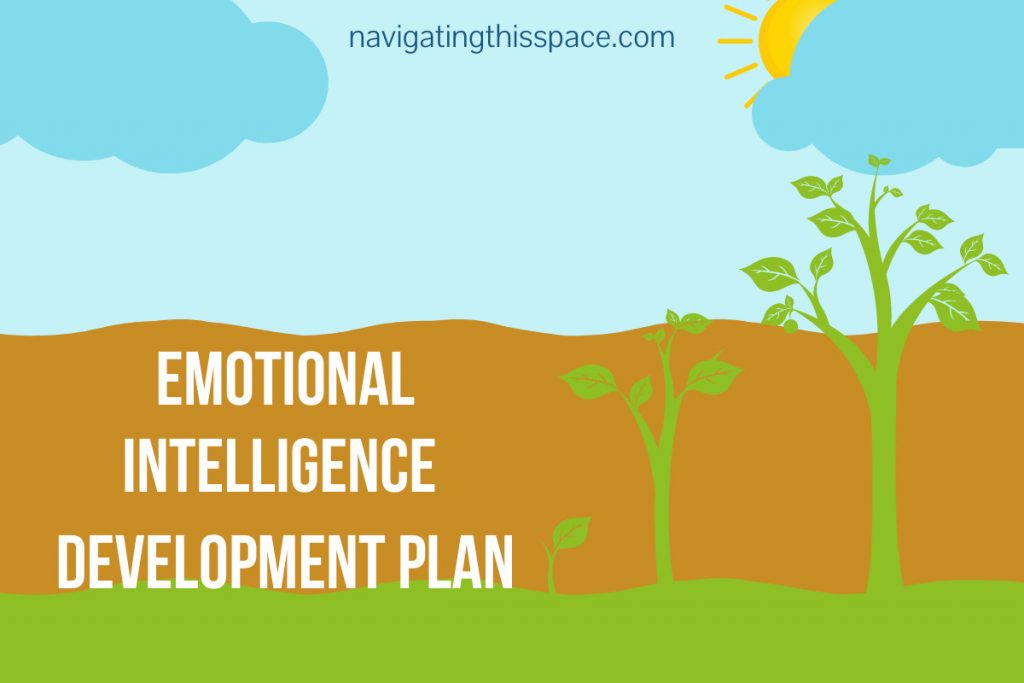
The first step in improving your emotional intelligence is to develop a better understanding of yourself. This means learning about your own emotions and how they affect you. Once you have a good understanding of your own emotions, you can start to work on managing them more effectively.
If you’re not sure what the basics of emotional intelligence are, read this article. It breaks down what emotional intelligence is for beginners.
Once you have a plan in place, improving that plan is key. Without improvements, your plan will become stagnant, and you likely won’t see the desired results.
Tips to Improve Your Emotional Intelligence.
Tip # One: Understand How Your Emotions Influence Your Actions
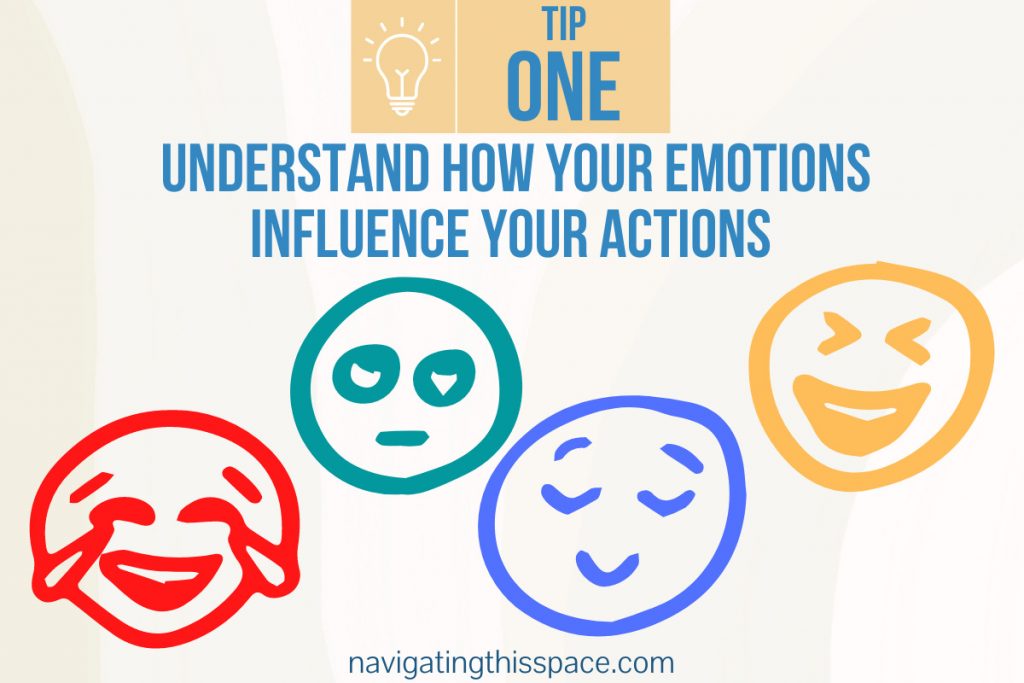
Understanding why certain things trigger you will give you the upper hand when it comes to managing your reactions. Once you know what sets off your emotions, you can start to work on managing them constructively.
For example, if you know that you get angry easily when people are late, try to come up with a plan for how to deal with your anger constructively. Maybe that means leaving the situation until you’ve calmed down or writing out your feelings instead of lashing out. Also, remember that you cannot control people, and they will do what they desire, so getting angry over things you cannot control is pointless and will only damage relationships.
Accept people for who they are and fill the time they’re late with something productive so you won’t feel like you’ve wasted valuable time.
Tip # Two: Practice Self-Awareness
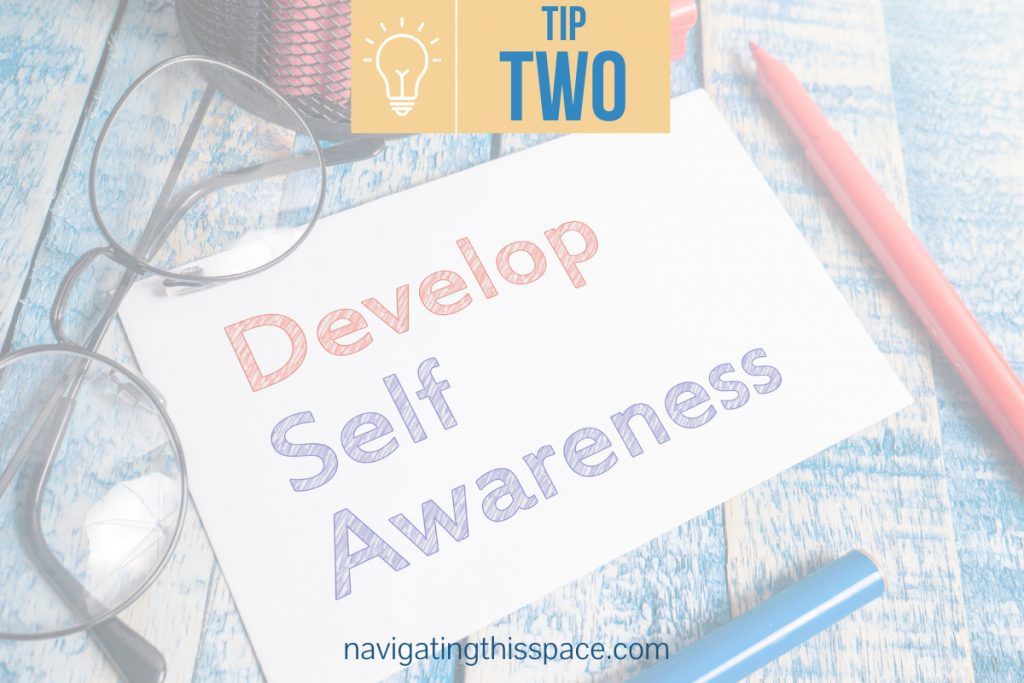
Practicing self-awareness means paying attention to your body language and emotions to better understand how they’re affecting your interactions with others.
For example, if you know that you tend to get anxious in social situations, try to pay attention to your body language and see if it’s reflecting your anxiety. If you notice that you’re crossing your arms or clenching your fists, take a few deep breaths, relax your arms, and unclench your fists to become more open to receiving communication from others.
Improving your social skills requires you to become self-aware of how you come across to others and then make the necessary changes to improve your interactions.
Tip # Three: Understand Others’ Point of View
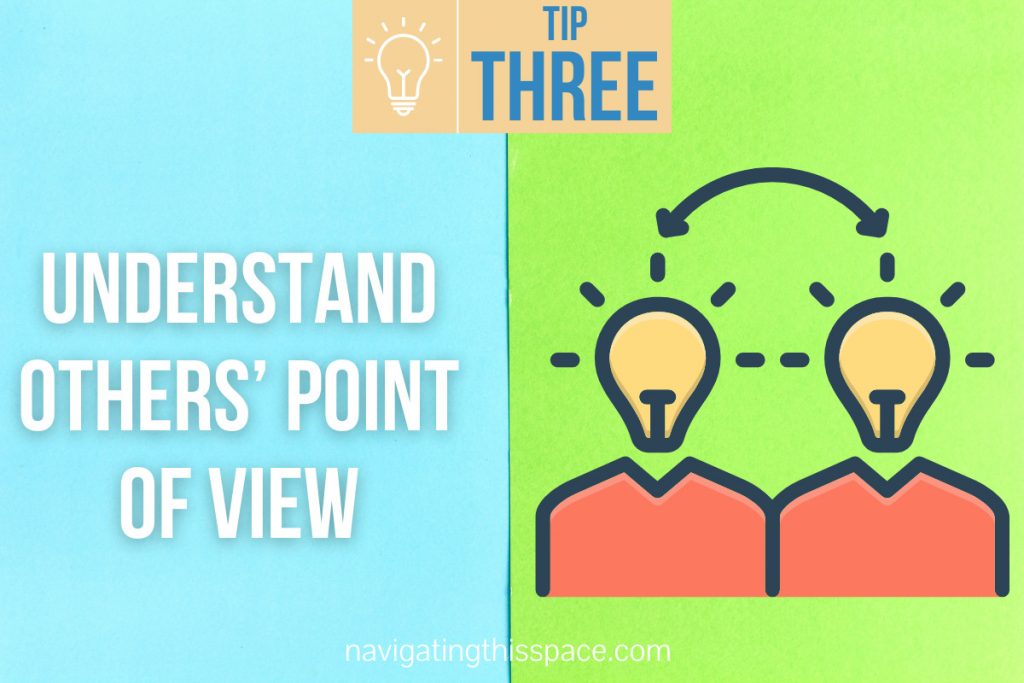
When you start viewing situations from the perspective of others, you develop empathy which is the ability to understand and share the feelings of another person.
This can be especially helpful when resolving conflicts because you can evaluate both sides of the issue.
For example, if you’re in a meeting and someone cuts you off while you’re speaking, try to understand why they might have done that instead of getting angry. Maybe they’re under a lot of pressure and are trying to get their point across quickly.
If you can see the situation from their perspective, it’ll be easier for you to find a resolution that will benefit you both.
Emotional intelligence is valuable in the workplace. Because at work, you’re exposed to a lot more personalities and beliefs than you would be in your personal life.
Tip # Four: Manage Stress and Difficult Emotions
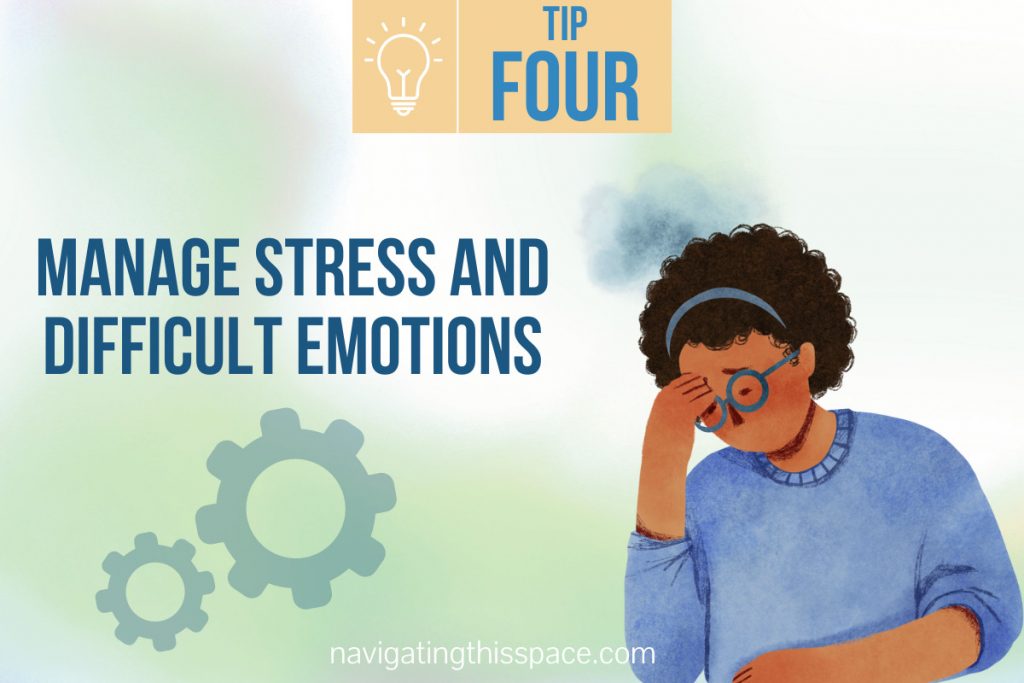
Most of the time, our careers will be more stressful than the personal situations we may face. One of the best ways to improve your emotional intelligence is by using it in your career. When you can understand and manage your stress and difficult emotions effectively and healthily, it makes you more efficient at work.
Pay attention to people’s emotional cues, nonverbal communication, and emotional energy. Take a step back from time to time and assess the stress levels of the situation. Most people do not do well under stress so you may be getting a lot of push back from them. Do a stress management exercise with your peers to help them understand how to cope with stress in a healthy way.
Teaching allows you to relearn information in a new way so you can solidify the information in your brain. When you’re able to explain the concepts to someone else, it allows you to understand the information from another perspective.
It also allows you to improve your communication skills because you have to be able to explain the concept so that the other person will understand.
This is helpful in emotional intelligence because you learn how to communicate your feelings and thoughts in a way that others will grasp.
Tip # Five: Seek out New Experiences
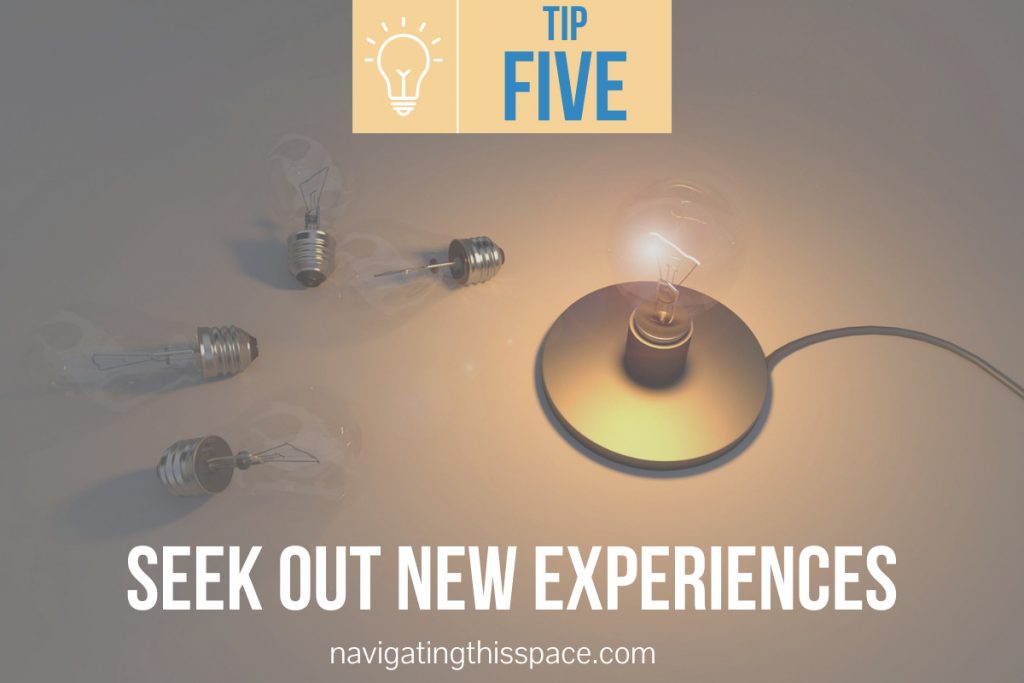
When we’re exposed to new things, it allows us to expand our knowledge and understanding of the world. This is also true for emotional intelligence. The more experiences you have, the more opportunities you have to learn about other people’s emotions and how to respond to them.
We are all emotional beings, and developing healthy relationships means that we must develop our emotional awareness.
Becoming an emotionally intelligent person takes time and practice, so experiencing new stressful situations, whether they’re related to work or home, helps improve emotional intelligence.
Improvement Starts With Taking One Step
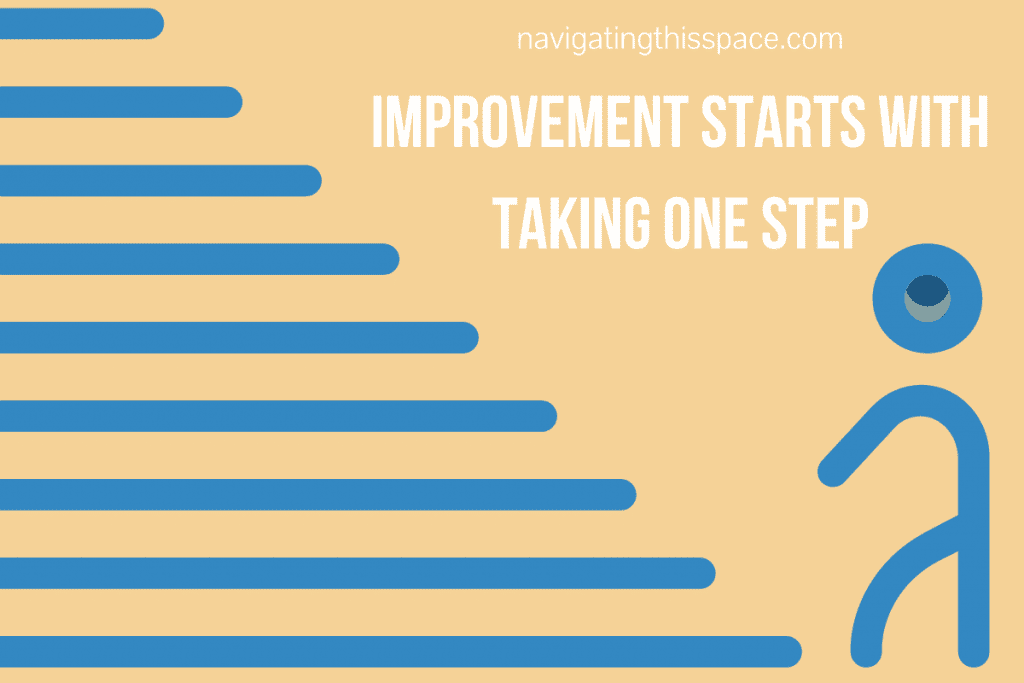
Improvement in emotional intelligence can be a lifelong journey, especially if you’re constantly experiencing new environments and different cultures. But it’s worthwhile to improve the quality of our relationships. We hope these tips help you on your way to becoming more emotionally intelligent!
What other tips do you have for improving emotional intelligence? Share them with us in the comments below!
Questions You May Have
What are 5 ways to improve emotional intelligence?
1. Improve empathy
2. Manage stress and difficult emotions
3. Use emotional intelligence in your career
4. Teach others about emotional intelligence
5. Experience new things to improve understanding of the world
Can you be emotionally intelligent without being aware of your own emotions?
No. it is not possible to improve one’s emotional intelligence without first being aware of their emotions. You need to understand and manage your emotions in order to improve emotional intelligence.
How important is emotional intelligence in the workplace?
Emotional intelligence helps improve communication, resolve conflict, and build better relationships inside the workplace. It is also beneficial outside of work as it can improve personal relationships. Because emotional intelligence is so beneficial, employers are looking for employees who have strong emotional intelligence skills.
Can you improve your emotional intelligence?
Yes, it is possible to improve your emotional intelligence. However, it takes time and practice to become emotionally intelligent. You need to be exposed to different environments and situations in order to learn how to remain calm and constructively decipher the negative feelings that others may be expressing.
How do I improve my emotional intelligence?
Here are a few ways to improve emotional intelligence: improve empathy, manage stress and difficult emotions, and experience new things to enhance your understanding of the world. Learn more about emotional intelligence by reading books or articles on the topic, taking courses related to emotional intelligence, or seeking out counseling or therapy. Practicing meditation or mindfulness may also help improve emotional intelligence.
Pin It!
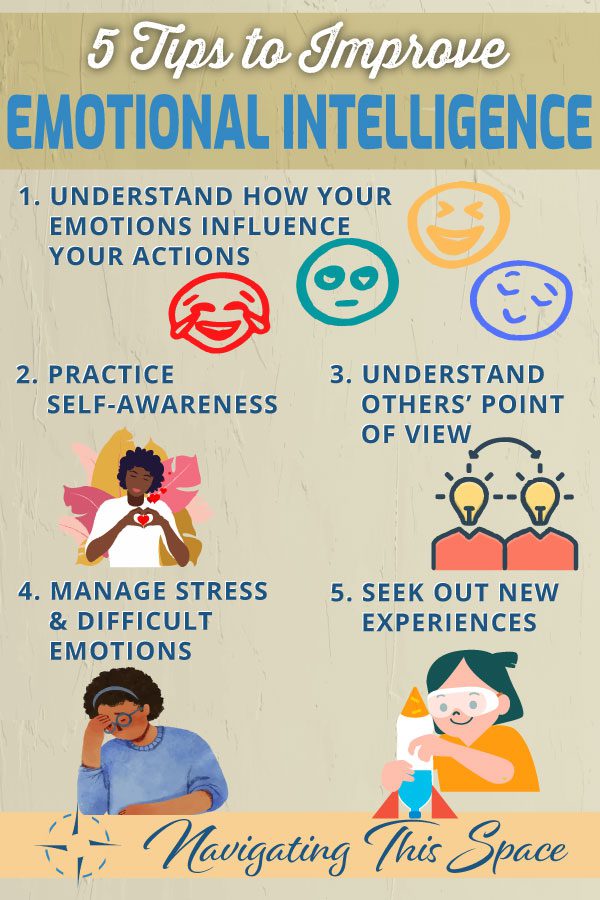
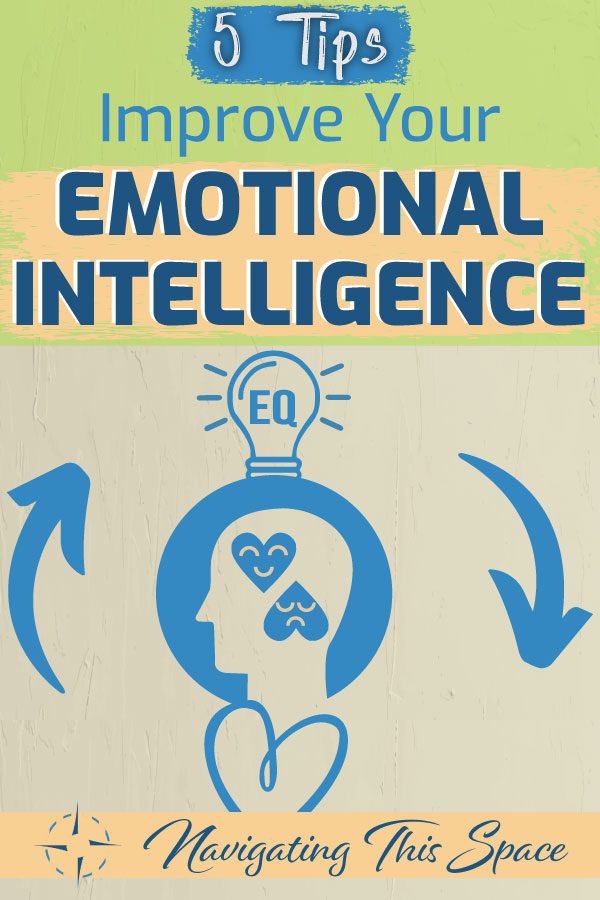
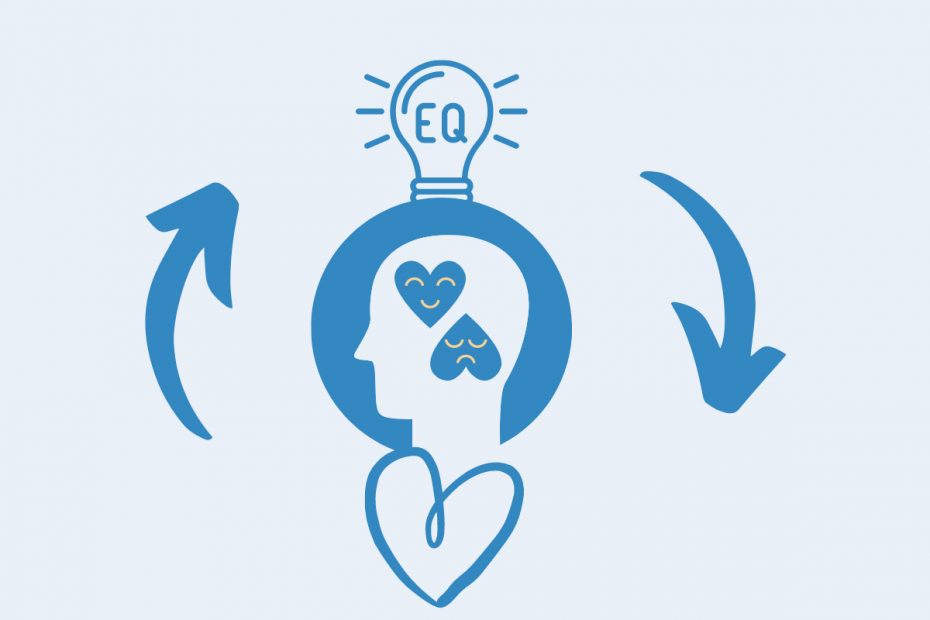



I always enjoy your posts about personal development! Informative post and great point of view on how to improve emotional intelligence. I look forward to reading more articles!